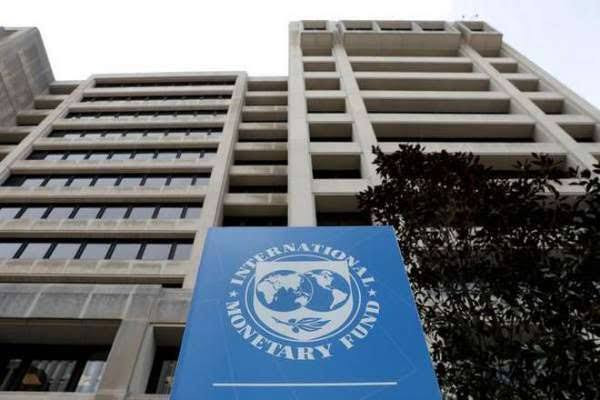The unabated trade war between the United States and China ignited by President Donald Trump 15 months ago will hurl the world economy to its slowest growth since the Great Recession of 2008, said the International Monetary Fund (IMF).
In its latest World Economic Outlook report issued Tuesday, the IMF said unresolved trade tensions will see to it the world's 2019 GDP growth rate drop to 3.0%, down from the 3.2% it predicted in a July forecast. The IMF said this downgrade is mostly due to the increasingly damaging effects of global trade frictions.
It pointed out that global trade growth rose by just 1% in the first half of 2019, the weakest level since 2012. This disappointing growth was due to higher tariffs and prolonged uncertainty about U.S. trade policies. There's also an ongoing slump in the global motor vehicle industry that saw global vehicle purchases drop 3% in 2018.
The IMF now projects global trade volume will increase just 1.1% in 2019 after expanding 3.6% in 2018. The 2019 estimate is 1.4 percentage points less than it forecast in July and 2.3 percentage points less than it forecast in April.
Trade growth was expected to rebound to 3.2% in 2020. This growth will be endangered by risks, which remain "skewed to the downside.
The World Economic Outlook delineates the economic problems triggered by the U.S.-China tariff war. Among these problems are spiraling direct costs, unceasing market turmoil, lower investments and stunted productivity caused by supply chain disruptions.
The IMF also predicted announced tariffs will slash global economic output by 0.8% in 2020. This drop translates to a loss of $700 billion. It's the equivalent of making Switzerland's economy disappear, said the IMF.
"The weakness in growth is driven by a sharp deterioration in manufacturing activity and global trade, with higher tariffs and prolonged trade policy uncertainty damaging investment and demand for capital goods," said IMF Chief Economist Gita Gopinath.
On the other hand, services remain strong across much of the world. There are, however, worrying signs of softening in services in the United States and Europe, noted Gopinath.
The IMF said foreign direct investment (FDI) abroad by advanced economies came to "a virtual standstill" in 2018. In previous years, FDIs rose to average more than 3% of global gross domestic product annually, an amount that comes to more than $1.8 trillion.
The IMF said the $1.5 trillion plunge between 2017 and 2018 was due to purely financial operations by large multinational corporations.






